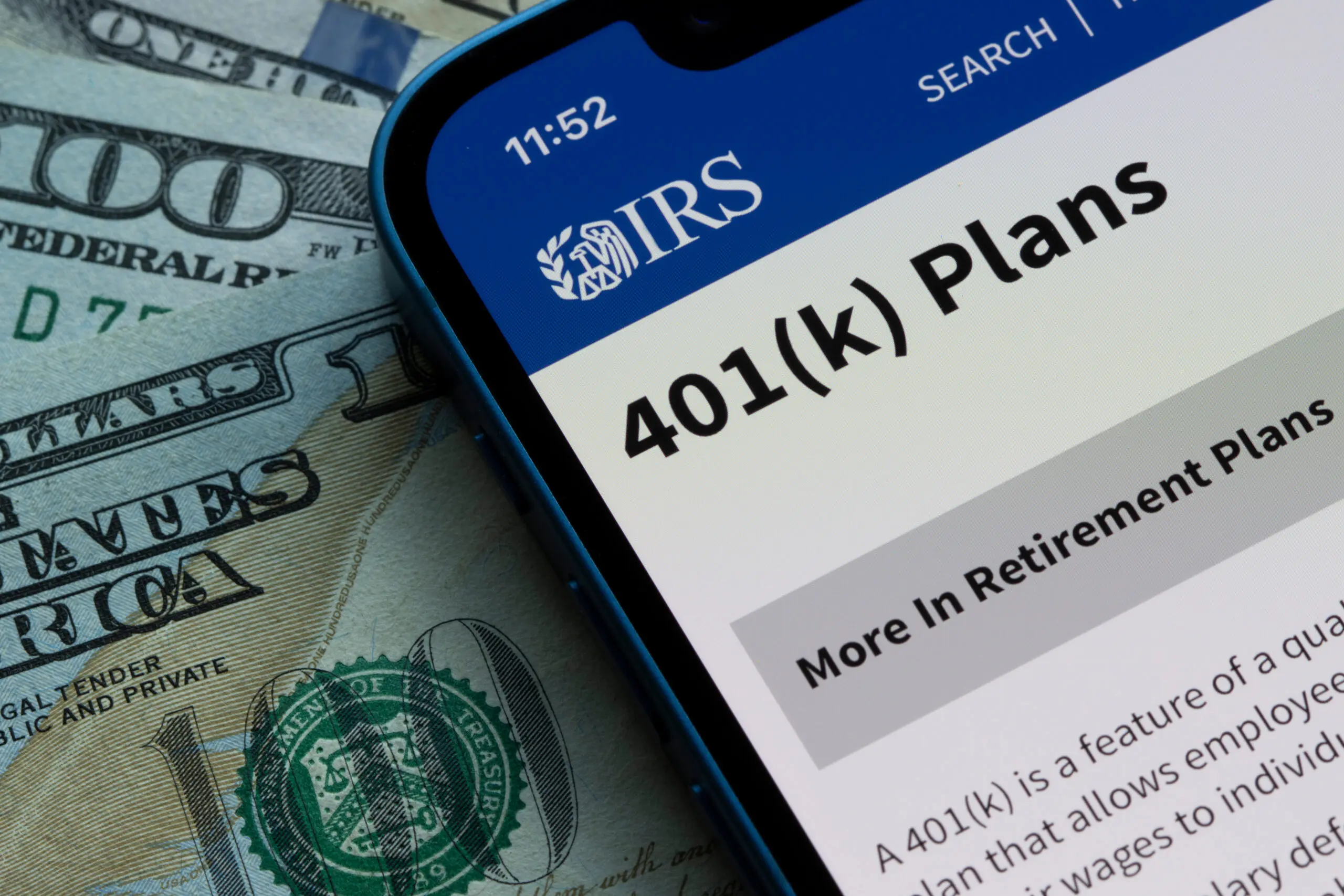Navigating the Aftermath: What Happens When a 401(k) Owner Passes Away?
Losing a loved one is undoubtedly one of life’s most challenging experiences. Amidst the emotional turmoil, practical matters like finances often demand attention. For those inheriting a 401(k) retirement account, understanding the process and options available is crucial. Let’s delve into what happens when a 401(k) owner dies and the key takeaways beneficiaries need to know.
The Passing of the Baton: Transfer of 401(k) Assets
When an individual with a 401(k) retirement account passes away, their hard-earned savings don’t simply disappear. Instead, they are transferred to designated beneficiaries, as outlined by the account holder. These beneficiaries could be a spouse, children, family members, or even charitable organizations.
Options for Spousal Beneficiaries
1. Merge with Existing 401(k): If the beneficiary is a spouse and has their own 401(k), they may have the option to merge the inherited 401(k) with their existing one, subject to the rules of the plan provider.
2. Transfer to Special IRA: Alternatively, a spouse beneficiary can roll over the inherited 401(k) into a special type of Individual Retirement Account (IRA) designed for inherited retirement assets. This option allows for continued tax-deferred growth. This can be a typical IRA or a Self-Directed IRA.
3. Ten-Year Distribution: Under recent legislation changes, spouses can choose to withdraw the inherited 401(k) over a ten-year period, allowing flexibility in managing tax implications and financial needs. The SECURE Act requires the entire balance of the participant’s inherited IRA account to be distributed or withdrawn within 10 years of the death of the original owner. However, there are exceptions to the 10-year rule, and spouses inheriting an IRA have a much broader range of options available to them.
4. Lump Sum Withdrawal: Another possibility for a spouse beneficiary is to withdraw the entire balance of the inherited 401(k) as a lump sum. However, this may trigger substantial tax implications, so careful consideration is advised.
Options for Non-Spousal Beneficiaries
1. Transfer to Special IRA: Non-spousal beneficiaries, such as children or other family members, can also roll over the inherited 401(k) into a special IRA designed for inherited assets, ensuring continued tax-deferred growth.
2. Ten-Year Distribution: Similar to spousal beneficiaries, non-spousal beneficiaries have the option to withdraw the inherited 401(k) over a ten-year period, providing flexibility in managing taxes and financial planning.
3. Lump Sum Withdrawal: Non-spousal beneficiaries can opt for a lump sum withdrawal of the entire inherited 401(k) balance. However, they should be aware of the potential tax implications associated with such a decision.
Seeking Professional Guidance
Regardless of the relationship to the deceased account holder, all beneficiaries should seek advice from a qualified financial expert. uDirect is not a fiduciary and does not offer tax or legal advice. The complexity of tax laws and regulations surrounding inherited retirement accounts necessitates professional guidance to make informed decisions aligned with individual financial goals and circumstances.
Conclusion
Inheriting a 401(k) account can be both a blessing and a responsibility. Understanding the available options and their implications is paramount for making sound financial decisions during a challenging time. Whether it’s merging with existing accounts, transferring to special IRAs, or deciding on withdrawal strategies, beneficiaries should approach the process with careful consideration and seek the guidance of financial professionals to navigate the complexities effectively. For answers to all your self-directed questions, reach out to uDirect IRA Services at info@uDirectIRA.com. Get started with your own account by clicking HERE.

